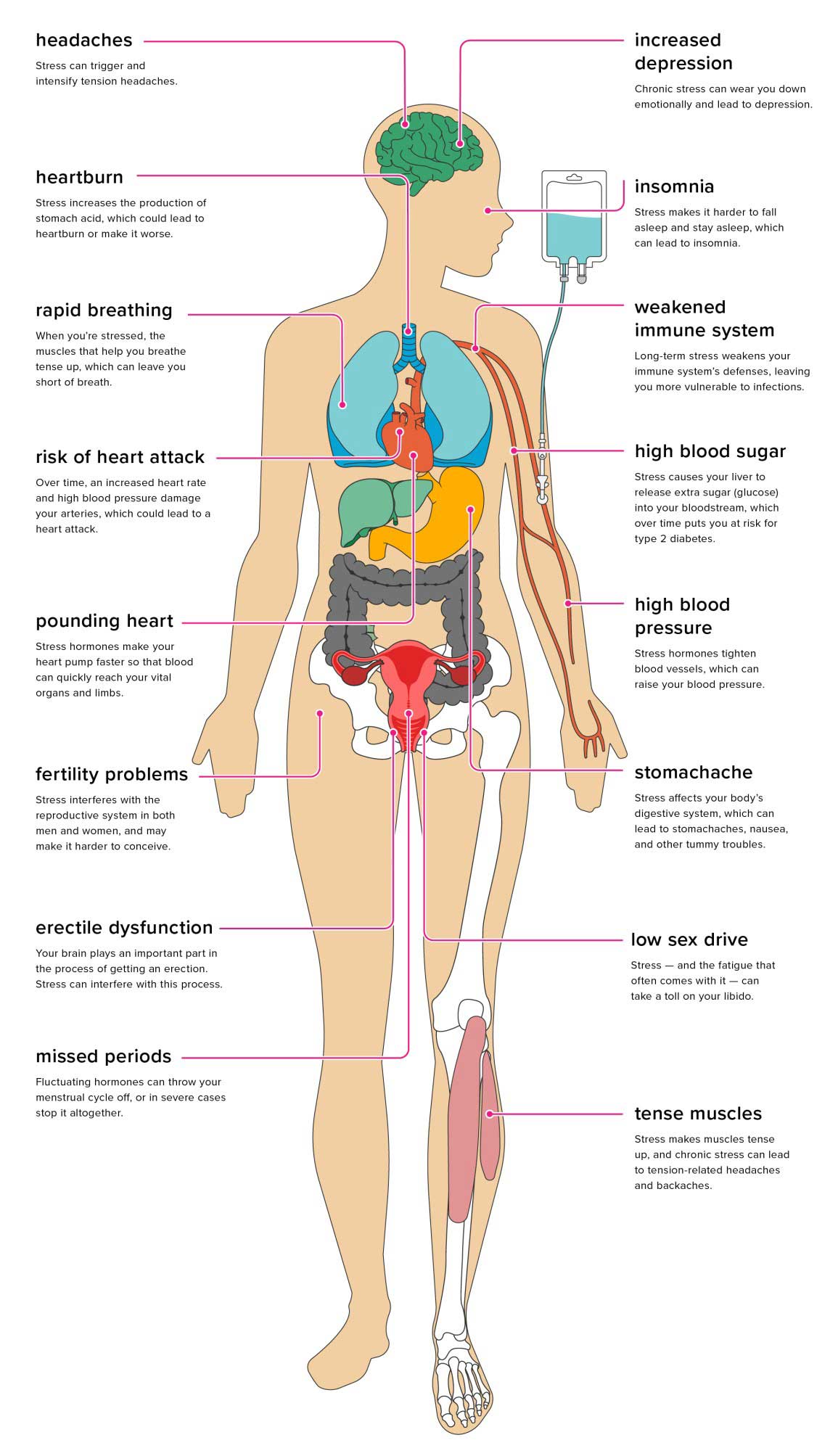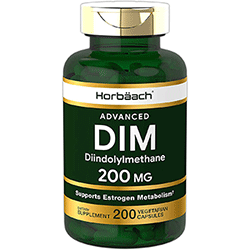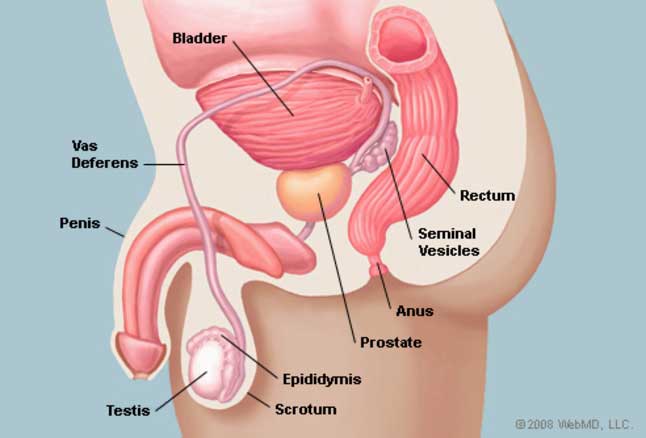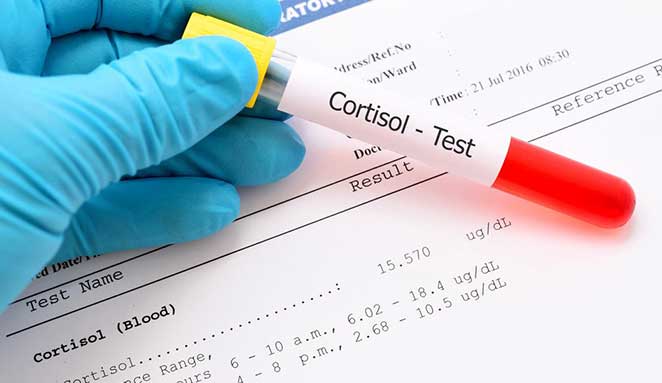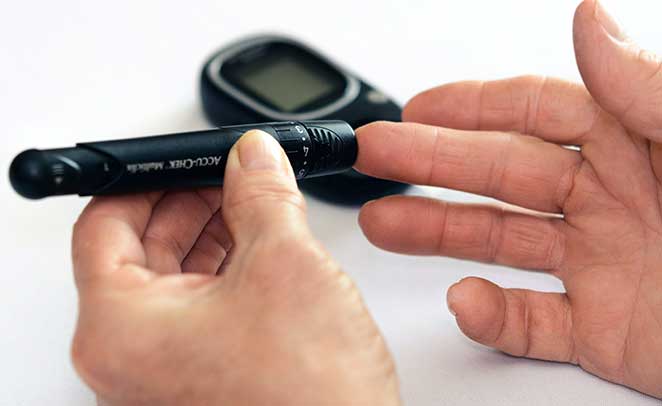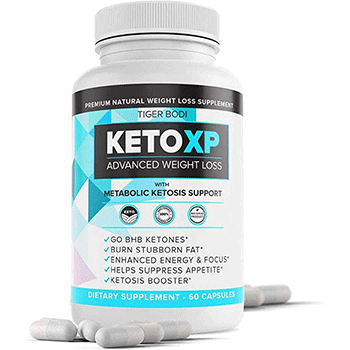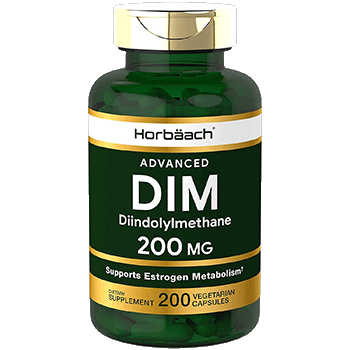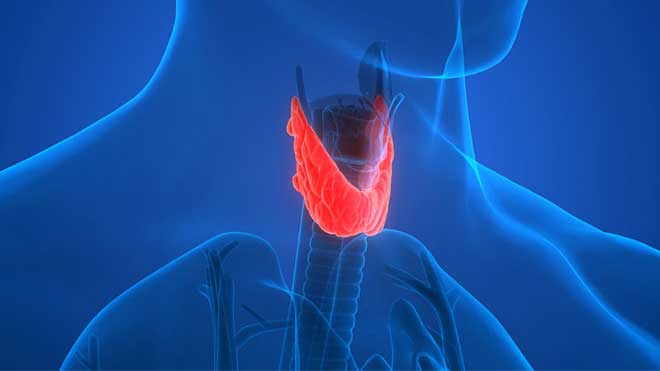
Weight Loss Resistance & Keto: Ghlerin, Leptin & Cholecystokinin Hormones
Article At A Glance:
- If you’re trying everything to lose weight but the pounds just keep stacking up, chances are you have weight loss resistance.
- And guess what — it’s not your fault! Some hormones could be exerting their influence, probably one of three hormones – Ghlerin, Leptin & Cholecystokinin.
- Good news: You can win control over these hormones and succeed in your weight loss venture.
When Diet And Exercise Are Not Enough To Lose Weight. And How Eating Habits Are Beyond Your Control. And You Won’t Lose Weight Until You Fix This!
If you’re having a problem losing weight (weight loss resistance), chances are you get an urge to eat more food than you need, you feel hungry more often, and possibly, you also continue eating even after you’re full.
The truth is there’s more causing this than just free will – this is controlled by hormones. And when hormones control the way we interact with food, you can find your hands tied behind your back when trying to manage a healthy weight.
But there’s hope!
Read on to find out what these hormones do, and how you can overcome their influence in your journey to a healthy weight.
Did you know? Eating habits are closely linked to obesity, which is a big problem all over the world.
These habits are controlled by 3 hormones – Ghlerin, Leptin & Cholecystokinin. These 3 hormones affect eating habits – how much you each, how often you eat and how hungry you get.
Here’s how these three hormones affect your weight, and how you can overcome their influence.
TOO MUCH GHLERIN – THE HUNGER HORMONE
The hormone ghlerin tells your body you’re hungry. It’s produced in the walls of the stomach, and signals the brain to cause the hunger feeling (8, 9).
The more ghlerin you have in your body, the hungrier you are.
Ghlerin is produced when the walls of the stomach shrink (when we’re hungry). It tells the brain we need to eat.
Shortly after we eat, Leptin and cholecystokinin hormones are secreted, telling the brain we’re getting full. That’s why doctors tell us to eat slowly. By doing so, we give these hormones enough time to communicate, and we tend to eat less.
Ghlerin makes us feel hungry. It tells the brain we need to eat.
How To Lower Ghlerin Levels
- Get enough sleep – Good sleep lowers ghrelin levels.
- Manage stress – Ghlerin levels rise when we are stressed (10). As a result we tend to eat more.
- Exercise – Studies show that exercise increases ghlerin levels. This boosts our capacity to work out harder, and eating less after exercise (12).
- Eat smaller portions of whole foods – This keeps ghrelin and leptin levels stable. On the contrary, crash dieting leads increased ghlerin levels leading to poor food choices.
TOO MUCH LEPTIN – THE SATIETY OR FAT HORMONE
Leptin discourages you from eating. It acts to alter food intake and control energy expenditure over the long term, rather than affecting food intake from meal to meal.
It’s secreted from fat cells, and helps regulate body weight. It’s sometimes called the “fat hormone”. Leptin has a more profound effect when we lose weight and levels of the hormone fall. This stimulates a huge appetite and we eat more.
In other words, the lower the levels of leptin in your body, the more you eat.
Leptin tells the body we have enough fat storage and we do not need to eat anymore (11)
However, when you eat carbs or sugary food, your liver converts it to fat. Fat produces leptin, and the more carbs and sugars you eat, the more leptin is produced by the fat cells. As a result, your body starts to resist the leptin signal, a condition called leptin resistance.
Secondly, eating carbs blocks leptin (4).
Leptin resistance is a main contributor to obesity (1).
As a result of leptin resistance, you tend to eat more and more. This makes it hard to lose weight (2).
This explains why obese people tend to have more leptin circulating in their body, but they tend to have a hard time losing weight (3).
Leptin resistance numbs the brain to the effects of leptin. As a result you tend to eat more and more.
How To Treat Leptin Resistance
1: Get on ketosis and a keto diet.
Ketosis improves leptin sensitivity (5). The Keto XP supplement can help you maintain ketosis.
2) Eat more healthy foods:
- Avoid sugary foods, added sugar or processed foods. Soluble fiber may protect you against obesity (6).
- Reduce carb intake. This lowers triglycerides, which reduces transport of leptins from your blood to the brain.
- Eat Omega-3 abundant foods like fish, chia seeds and grass-fed meat. Consider adding an omega-3 supplement.
3) Finally, exercise more. This may help reverse leptin resistance (7).
TOO LITTLE CHOLECYSTOKININ – FULLNESS HORMONE
Cholecystokinin (CKK) is released from the duodenum (15), and helps in digestion and tells your body you’re full. It slows down emptying on the stomach and triggers release of digestive hormones (especially bile).
Cholecystokinin increases the sensation of fullness in the short-term, that is, during a meal rather than between meals.
Obese people tend to have lower levels of Cholecystokinin. This may contribute to reduced feelings of fullness and difficulty in losing weight in very obese people.
Higher amounts of CKK have been shown to reduce food intake in both lean and obese people (16, 17).
Cholecystokinin tells your body you’re full. You therefore tend to eat less. Low CKK levels are associated with obese people.
How To Increase Cholecystokinin Levels
- Protein: – Eat plenty of protein at every meal (18)
- Healthy fat:– Eating fat triggers the release of CCK (19)
- Fiber:– high fiber diets have been shown to increase CKK levels (20)
Does this sound like a keto diet? You guessed it right!
Adopting a keto diet and ketosis can help you raise cholecystokinin levels.
HOW KETO HELPS IN WEIGHT LOSS RESISTANCE
Ketosis and keto diet play an important role in weight loss resistance and managing a healthy weight.
- Ketones, produced during ketosis, help balance cholecystokinin levels so you actually feel satisfied sooner after eating (13). You end up eating less.
- Ketones also suppress ghlerin, so you feel less hungry. This is why people on keto experience less hunger (14).
- Unlike eating carbs, when you’re in ketosis, the ketones don’t interfere with leptin, so you tend to eat less.
Overall, when you’re in ketosis, you tend to feel hungry less often, and you eat less food. Keto helps you maintain your weight management goals.
Our supplement Keto XP can help you maintain ketosis easily.










